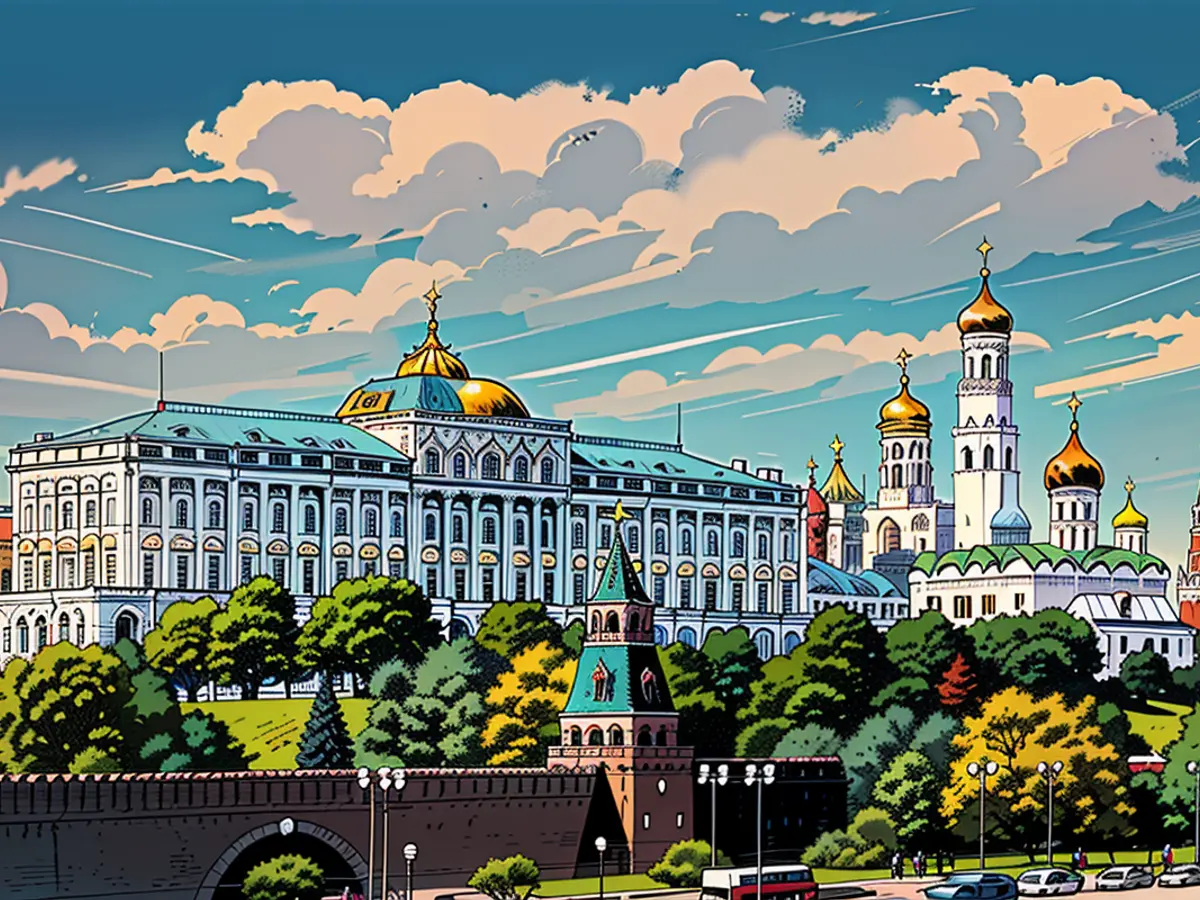The Russian government deems proposals to eliminate confidential communications on Telegram following Durov's detention as "completely senseless".
Russian government representative Dmitry Peskov referred to requests for users to erase personal data on the app, including from RT news' editor, as completely idiotic, during a press meeting on Tuesday.
Peskov underlined that the accusations against Durov, who holds Russian, French, and UAE nationalities, were indeed serious. However, he insisted that French authorities would require equally severe evidence to validate these claims. Otherwise, as Peskov pointed out, there would be an immediate attempt to restrict communication freedom. This could also be perceived as an intimidation tactic towards the head of a notable corporation, something that French President Macron rejectedly mentioned the day prior.
The Russian government move to alleviate concerns related to Telegram's safety underscores how significant the app has become for Russia's military.
Emmanuel Macron, French President, asserted on Monday that the decision to prosecute Durov had no political motives whatsoever. This is a rare gesture on behalf of French leaders, who typically steer clear of discussing legal matters to avoid implying any impact of politics on judicial issues.
The Paris prosecutor's office announced a multitude of charges against Durov on Monday, including allegations that his platform had been used to assist in money laundering, drug trafficking, and the dissemination of child pornography. The prosecutors also accused Durov of refusing compliance with French authorities' demand for assistance in intercepting potentially illicit communications.
At a Tuesday news conference in Moscow, Russian Foreign Minister Lavrov accused Durov of being manipulated and threatened with severe punishment, implying that Durov was coerced into potentially disclosing encryption codes.
Telegram, with almost 950 million users, is one of the world's leading messaging apps. Its robust end-to-end encryption, minimal content moderation, and capabilities -- such as the ability to share larger files, longer videos, and higher-resolution images than many competitors -- have made it highly popular in nations where free speech is restricted and in war-torn regions, including Ukraine, where it has become an essential tool for Ukrainian officials to disseminate military updates and air raid warnings.
Lavrov praised the app for its convenience and security.
The same features that make Telegram highly popular among individuals with limited freedom of speech and war zones make it a powerful communication instrument for the Russian military and pro-Kremlin bloggers. One prominent pro-Russian war blogger boasted over 780,000 followers and claimed that Durov's arrest by France was equivalent to detaining the Russian military's primary communications officer.
Another less popular military blogger shared an image of a missile with the words "for Pavel" under it, presumably aimed at Ukraine, which experienced the largest aerial assault since the war began on Monday.
The blogger advocated for Telegram as the backbone of military communications, despite public denials from Russian government officials.
The popularity of Telegram among pro-Russian military bloggers and the Kremlin's support for Durov was unexpected given Durov's refusal to share Moscow's demands for user data from his previous venture, a Facebook-like social media platform called Vkontakte (VK). Durov eventually left his role as VK's CEO and cashed out on his shares for millions of dollars. Both he and Telegram now reside in Dubai.
CNN's Clare Duffy contributed to this report.
Despite the Russian government's push for user data erasure on Telegram, key figures like French President Macron have maintained that the case against Pavel Durov, the app's CEO, lacks political motives. This stance against interfering with Telegram's communication freedom could potentially be viewed as a protection of Durov, a notable corporation head.
The tech industry's influence in business remains evident, as shown by the significant role Telegram plays in Russian military communications and pro-Russian bloggers' activities, despite Durov's past resistance to data sharing demands.









